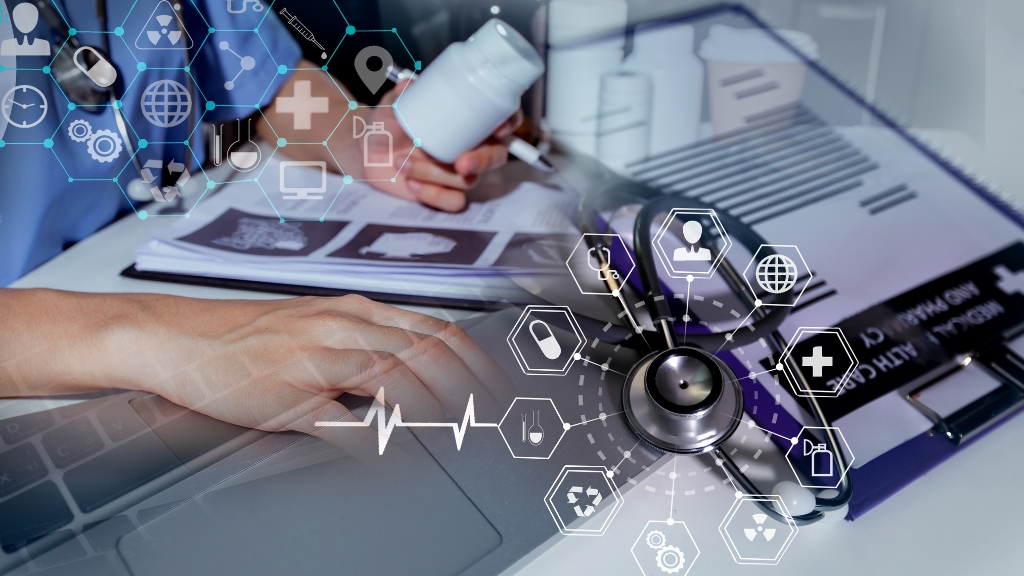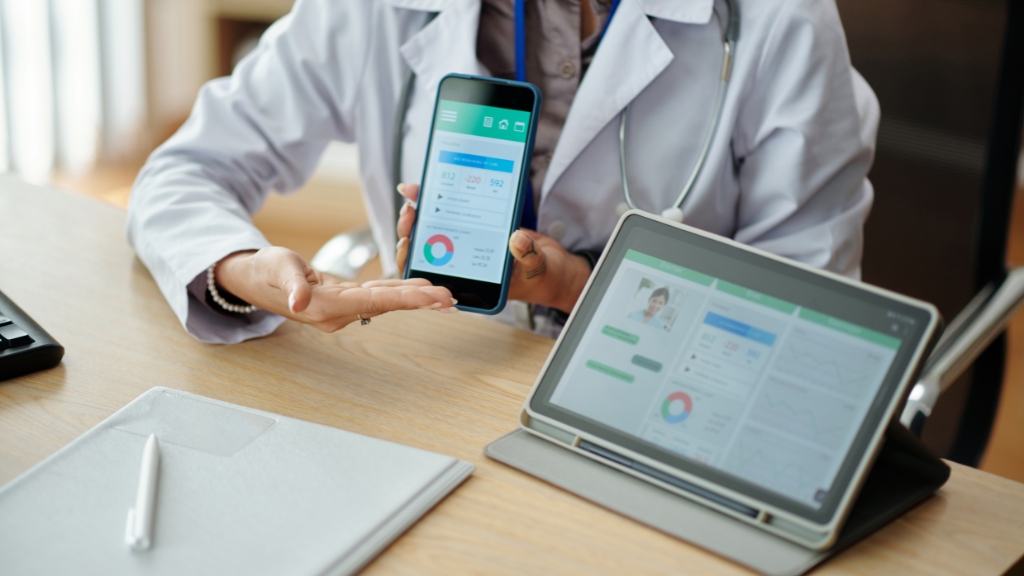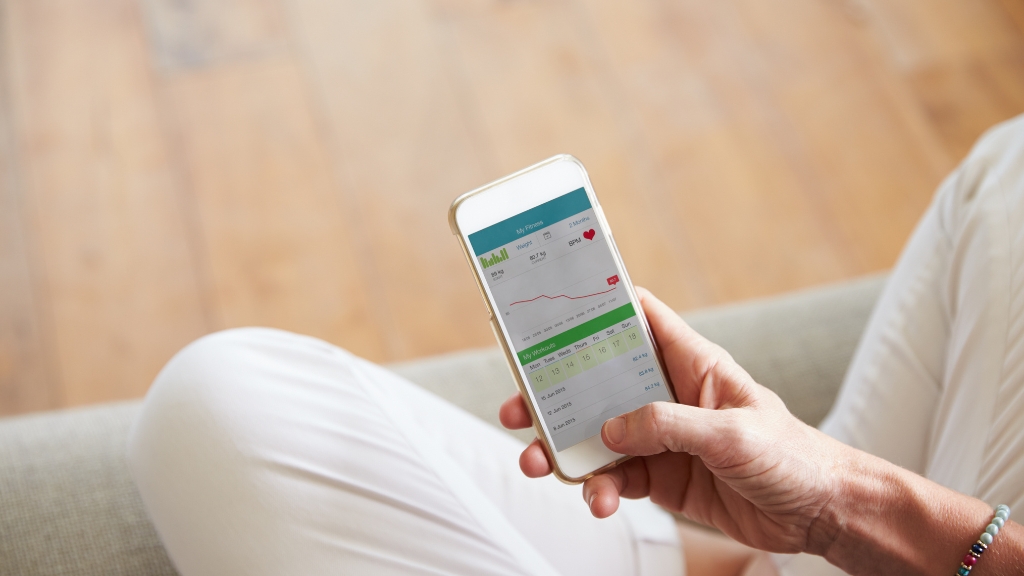
How Healthcare Apps Are Improving Patient-Doctor Communication
In recent years, healthcare apps have fundamentally transformed how patients and doctors interact. These apps have streamlined communication and contributed to more personalized, efficient, and accessible healthcare experiences. Here’s how healthcare apps are reshaping patient-doctor communication.
- Real-Time Messaging and Consultations
Healthcare apps now commonly include direct messaging features, enabling real-time communication between patients and healthcare providers. This functionality allows patients to ask questions, report symptoms, or get advice without needing an in-person appointment. This has been particularly beneficial for managing chronic conditions and post-operative care, where regular, quick check-ins are vital.
- Telemedicine and Video Consultations
Many healthcare apps have integrated telemedicine services, allowing patients to consult doctors through video calls. This feature has seen rapid adoption, especially during times when in-person visits are limited, such as during the COVID-19 pandemic. Telemedicine saves time and expands access to care for people in remote or underserved areas.
- Enhanced Access to Medical Records
Another significant advantage of healthcare apps is patient access to their medical records. Patients can now view their medical history, lab results, and treatment plans through secure platforms, enabling them to stay informed about their health. When patients and doctors have easy access to the same information, communication becomes more apparent, reducing misunderstandings and facilitating better follow-ups.
- Automated Appointment Reminders and Notifications
Healthcare apps help reduce missed appointments and improve adherence to treatment plans by sending automated reminders for upcoming consultations, medication schedules, or test results. These reminders encourage patients to stay engaged with their healthcare while doctors can better manage their schedules and minimize no-shows.
- Patient Education and Information Sharing
Healthcare apps often feature educational resources like articles, videos, or FAQs to help patients understand their conditions, treatments, or medications. This access to information promotes a more informed patient base, leading to more meaningful interactions with doctors. When patients understand their symptoms or treatment plans, they can ask more targeted questions, improving consultations’ efficiency and relevance.
- Data Sharing for Better Diagnosis and Monitoring
Healthcare apps can track health metrics, such as heart rate, glucose levels, and physical activity, which can be shared with doctors for better diagnosis and monitoring. This data provides insights to guide treatment decisions, particularly for chronic conditions like diabetes or hypertension. By allowing doctors to monitor real-time data, apps facilitate more responsive and tailored care.
- Improved Confidentiality and Secure Communication
Apps designed with end-to-end encryption and HIPAA-compliant standards ensure that patient-doctor communication remains confidential. Secure messaging platforms and encrypted health records reassure patients that their sensitive information is protected, fostering trust essential for open and honest communication.
Conclusion
Healthcare apps are revolutionizing patient-doctor communication by breaking traditional barriers, enhancing accessibility, and promoting efficient, data-driven care. By empowering patients and equipping doctors with more tools to stay connected, these apps are fostering a more proactive, personalized healthcare experience.
FAQs
- Are healthcare apps secure for sharing personal information?
Many healthcare apps use encryption and follow HIPAA standards to protect patient information. - Can healthcare apps replace in-person doctor visits?
While they offer convenience, some conditions still require physical examinations that virtual visits can’t replace. - Do all healthcare apps offer real-time messaging?
Not all, but many apps provide messaging and telemedicine options, which vary based on the provider and the app’s capabilities. - How do healthcare apps help with chronic condition management?
These apps track daily health data, provide medication reminders, and facilitate regular communication with healthcare providers. - What types of data can be shared with doctors through healthcare apps?
Many apps support sharing metrics like blood pressure, glucose levels, heart rate, and medication adherence.
Leave a Reply
- AI in Diagnostics: Revolutionizing Early Detection and Accuracy
- How AI and Advanced Analytics Are Transforming Healthcare Outcomes
- Investing with Confidence: The Role of ROI Calculators
- How ROI Calculators Drive Data-Driven Business Strategies
- The Ultimate Guide to ROI Calculators for Business Success
- Making Sense of ROI Calculators: A Comprehensive Guide
- June 2025 (1)
- May 2025 (1)
- October 2024 (2)
- September 2024 (31)
- August 2024 (31)
- July 2024 (27)
- June 2024 (28)
- May 2024 (30)
- April 2024 (33)
- March 2024 (23)
- February 2024 (29)
- January 2024 (3)
- December 2023 (47)
- November 2023 (36)
- October 2023 (23)
- September 2023 (2)
- June 2023 (2)
- May 2023 (13)
- April 2023 (1)




